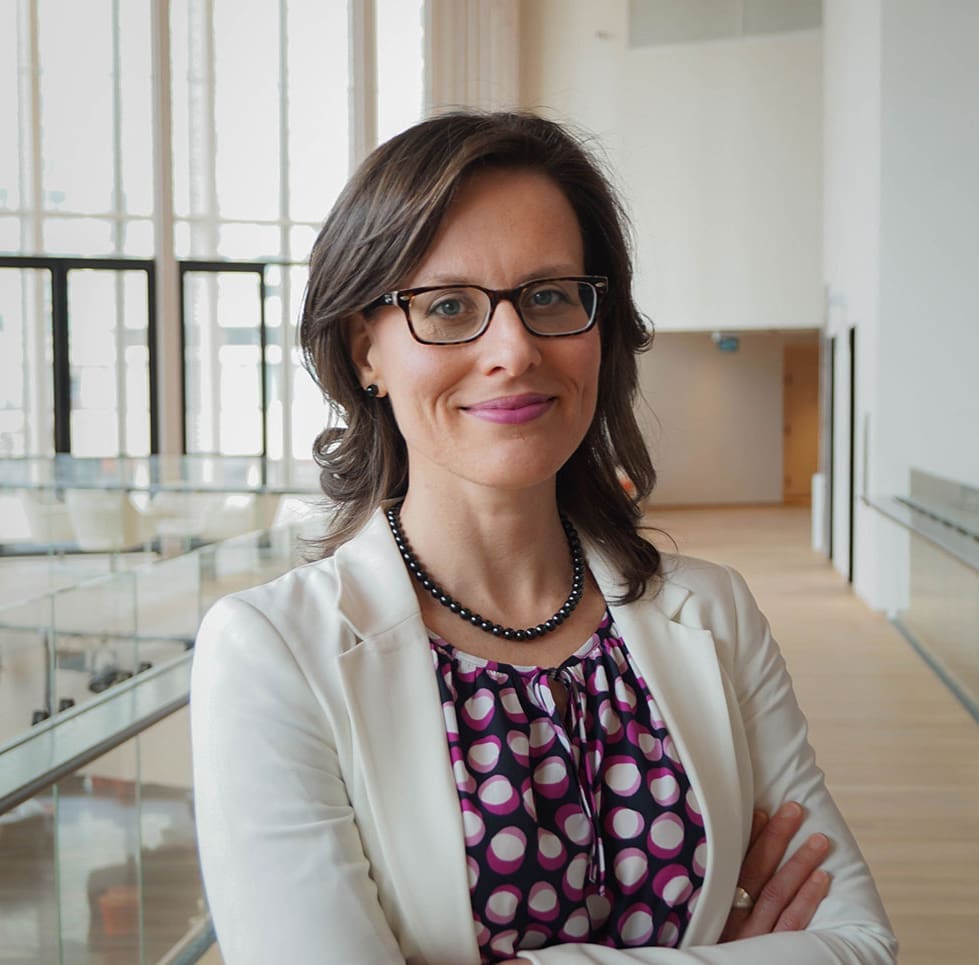SUMMER 2016 | Family is the first institution we meet. We’re born into it. In a transactional world, family is, at its best, where we know others and are known; it is where we are accepted without payment or contract. Family predates the state and the market, and acts as a counterweight to both.
In many ways, family is a lofty and illustrious institution, transmitting values, educating, and loving. Yet it is so mundane and monotonous as to be banal: Few sleep-deprived parents consider between nighttime feedings that their actions are laying the groundwork for a flourishing civil society—that they are staking territory for the good when they change diapers, return to their spouse, play with toddlers, or spend time with teenagers. Families are to civil society what water is to fish. Functional families are the medium through which hardworking, stable, and empathetic citizens are made and sustained.
Yet because the family is in such disrepair today, we need to gently remind people through science, faith, and reason that families matter. Mothers and fathers matter, not just to their children, but to the public spaces we all share.
It is through family that children gain a confident and natural sense of self, and the work of developmental psychologists and sociologists affirms the importance of married, biological parents to children.
Mothers and fathers matter as educators. Even libertarians—who concern themselves far more with individual rights than with family—believe family is the best place for transmitting values and morals.
Economists today are tuning in to the fact that family matters for creating work and having a good work ethic. Studies show, furthermore, that family breakdown costs the economy and the government.
Family transmits faith too. In her book How the West Really Lost God, cultural commentator Mary Eberstadt remarks that the loss of family may precede the loss of faith in the Western world.
Today, for much of the population, the idea of family as warm, accepting, and stable institution rings hollow. We don’t marry as much anymore. We have dwindling fertility rates. We are insecure, anxious, and socially isolated.
And yet home has long been tied to where the heart is. Home is something we yearn to recover and re-create. Theologically, as Augustine wrote, our restless yearning is analogous to our desire for God. But on this earth, the place where we cease wandering as foreigners and are welcomed in recognition and love is with our family.
A thriving social architecture, less social isolation, the pursuit of vocations all begin in healthy homes that put us in good stead to face an often cruel, always fallen world. It was with this in mind that Cardus Family was born.


